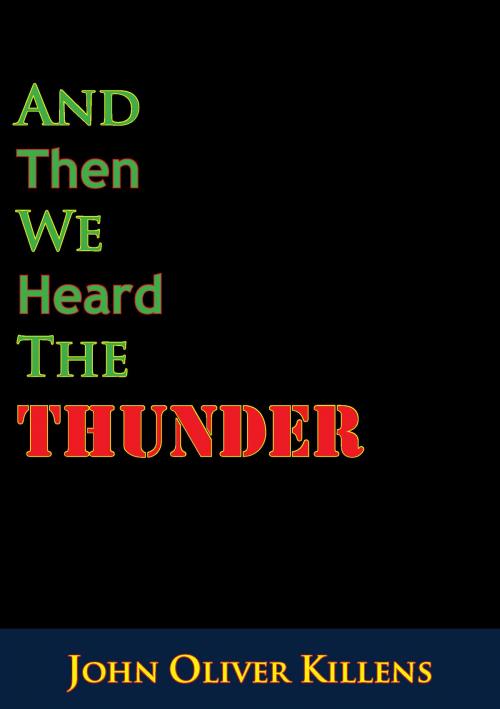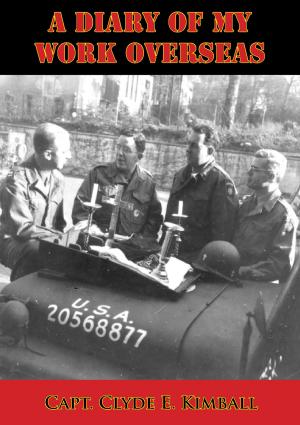And Then We Heard The Thunder
Nonfiction, History, Germany, European General, Military, United States| Author: | John Oliver Killens | ISBN: | 9781786256461 |
| Publisher: | Lucknow Books | Publication: | November 6, 2015 |
| Imprint: | Lucknow Books | Language: | English |
| Author: | John Oliver Killens |
| ISBN: | 9781786256461 |
| Publisher: | Lucknow Books |
| Publication: | November 6, 2015 |
| Imprint: | Lucknow Books |
| Language: | English |
A fictional portrayal of real events that occurred during WWII from Afro-American author John Oliver Killens, who had previously served in the Amphibian Forces in the South Pacific. Through his characters, the reader gains a close-to-the-bone account of what it was like to be a Negro soldier fighting in segregated units under racist commanding officers. The final chapters reveal one of the war’s best-kept secrets concerning the escalating racial tension between black American GIs and their white commanding officers. The story climaxes in a terrifying race riot, which took place on the seedy night streets of South Brisbane in March 1942.
Editorial Reviews:
“…a big and powerful, angry novel, pulsating with love and hate, laughter and tears, sex and violence, and all the other juices of life.”—Sidney Poitier
“…that big, polyphonic, violent novel…calls James Jones to mind.”—Saturday Review
“…A beautiful and powerful book.”—James Baldwin
A fictional portrayal of real events that occurred during WWII from Afro-American author John Oliver Killens, who had previously served in the Amphibian Forces in the South Pacific. Through his characters, the reader gains a close-to-the-bone account of what it was like to be a Negro soldier fighting in segregated units under racist commanding officers. The final chapters reveal one of the war’s best-kept secrets concerning the escalating racial tension between black American GIs and their white commanding officers. The story climaxes in a terrifying race riot, which took place on the seedy night streets of South Brisbane in March 1942.
Editorial Reviews:
“…a big and powerful, angry novel, pulsating with love and hate, laughter and tears, sex and violence, and all the other juices of life.”—Sidney Poitier
“…that big, polyphonic, violent novel…calls James Jones to mind.”—Saturday Review
“…A beautiful and powerful book.”—James Baldwin



![Cover of the book Operation Neptune [Illustrated Edition] by John Oliver Killens](https://www.kuoky.com/images/2016/november/300x300/9781787203297-mEI4_300x.jpg)





![Cover of the book Twenty-Two Months Under Fire [Illustrated Edition] by John Oliver Killens](https://www.kuoky.com/images/2015/november/300x300/9781786255341-zMHK_300x.jpg)


![Cover of the book 21 Army Group: Normandy To The Baltic [Illustrated Edition] by John Oliver Killens](https://www.kuoky.com/images/2015/november/300x300/9781782897613-Vvwo_300x.jpg)


